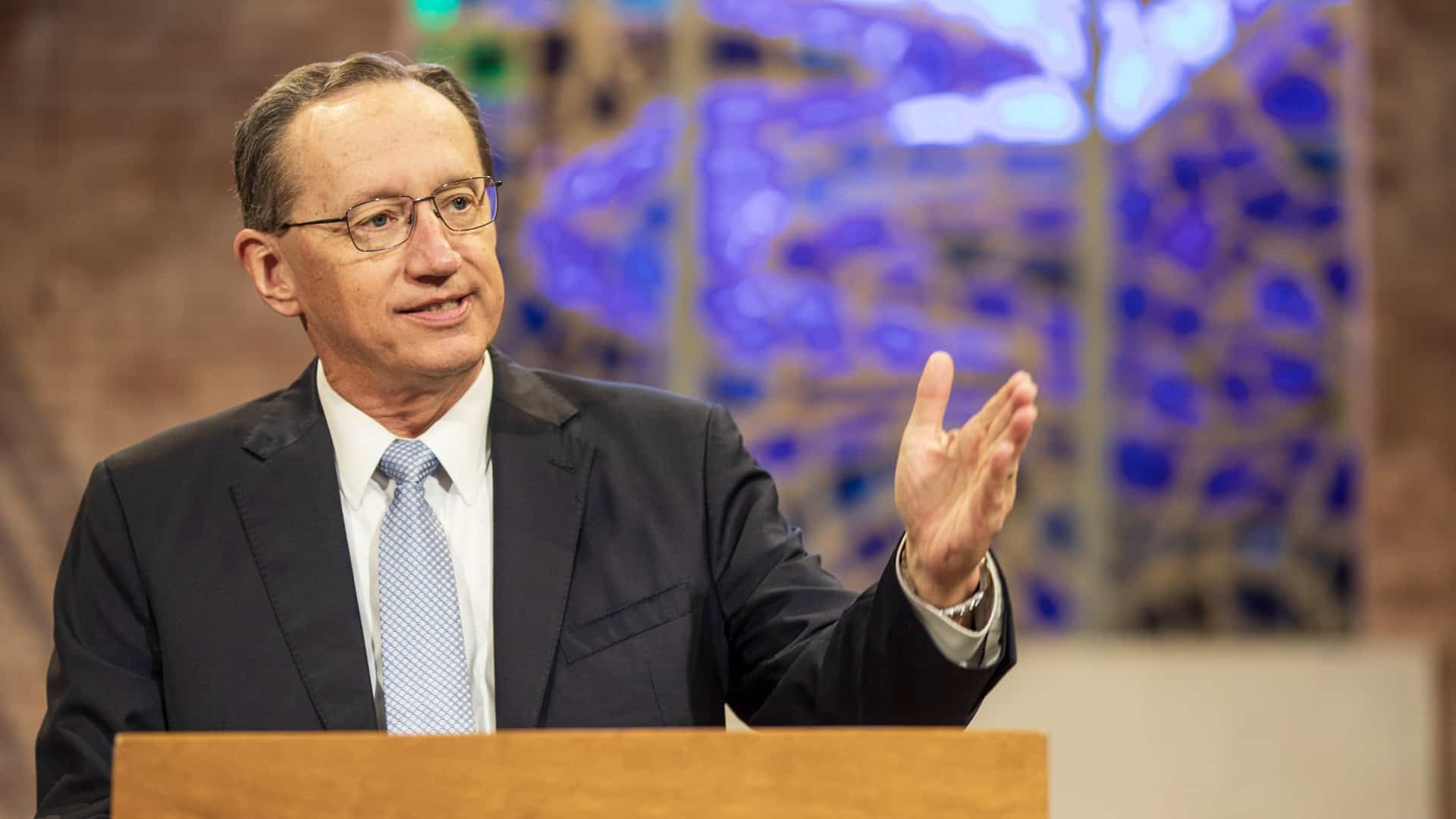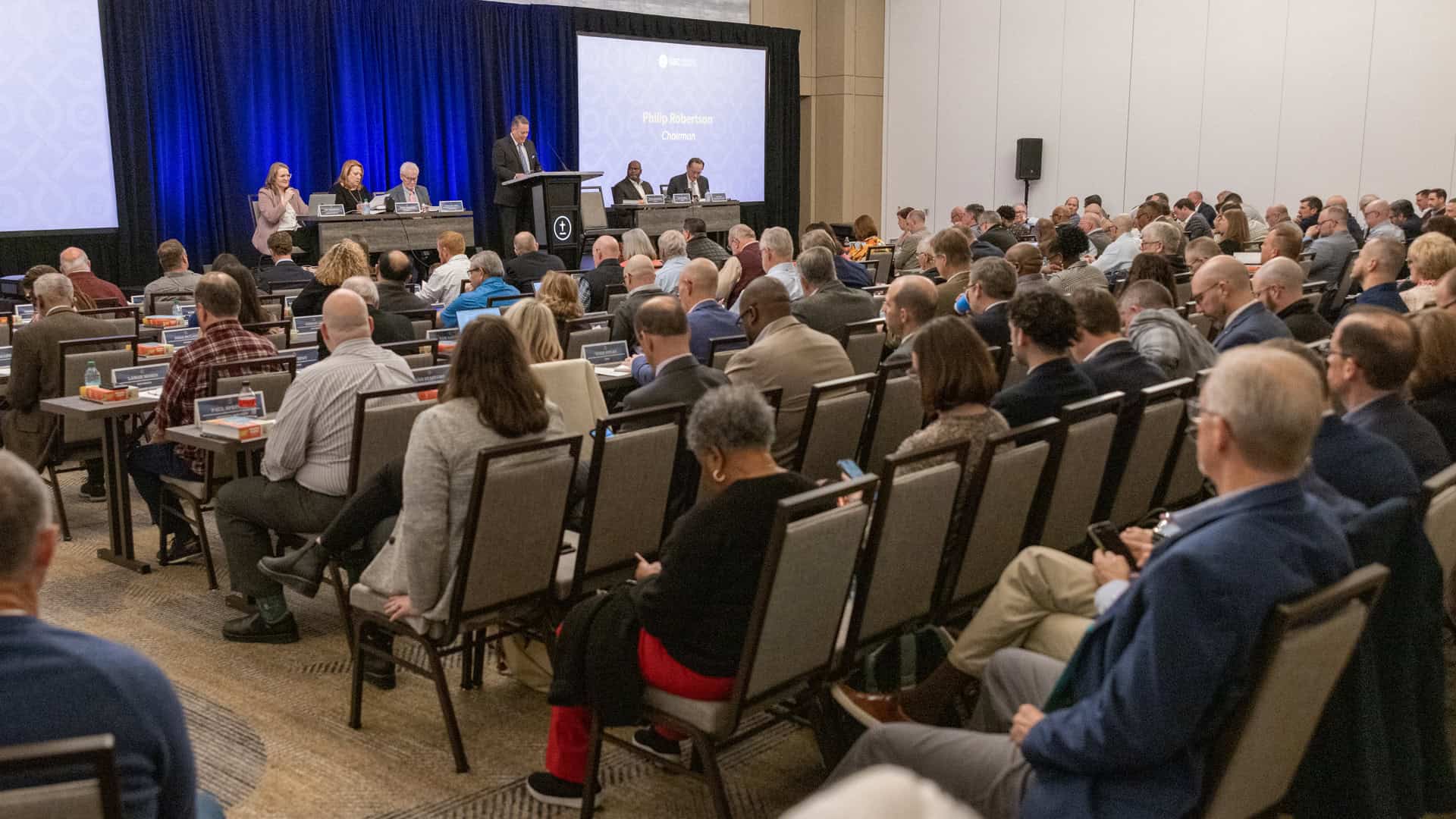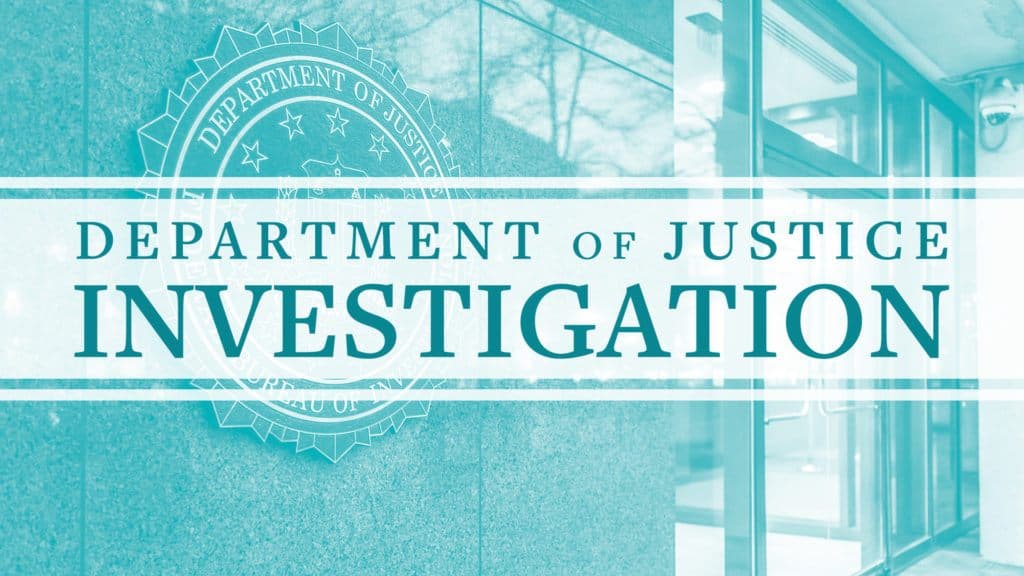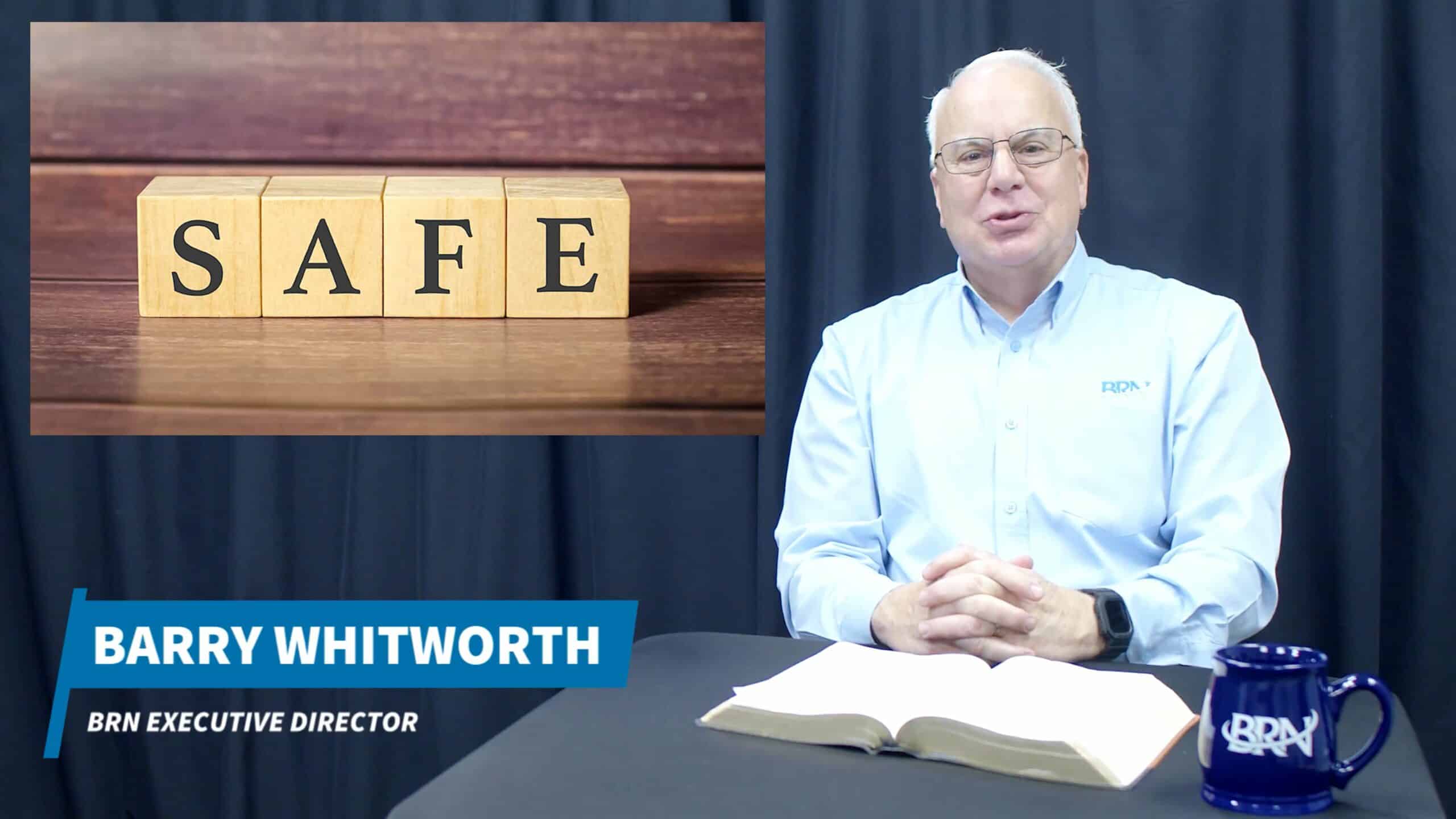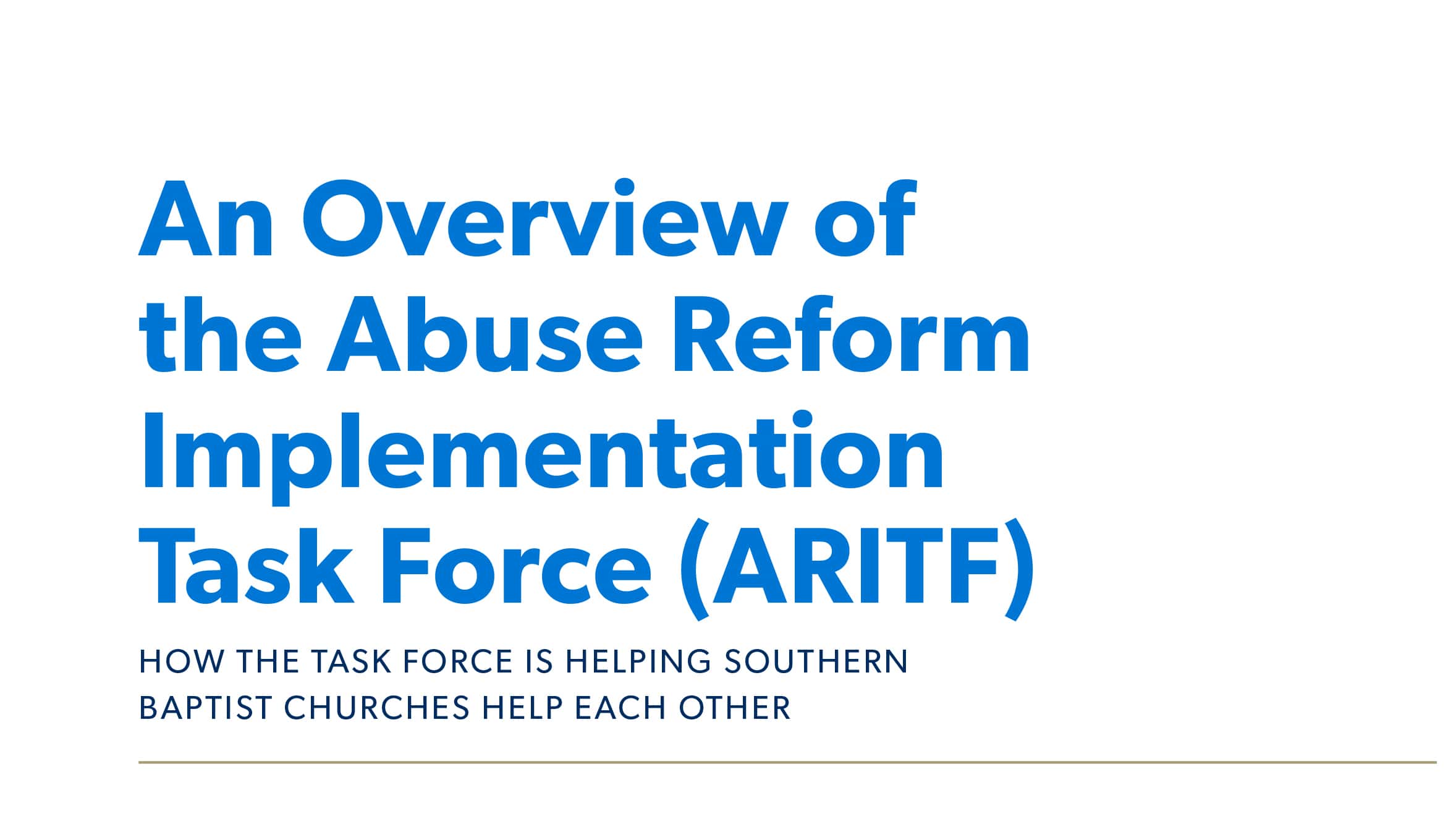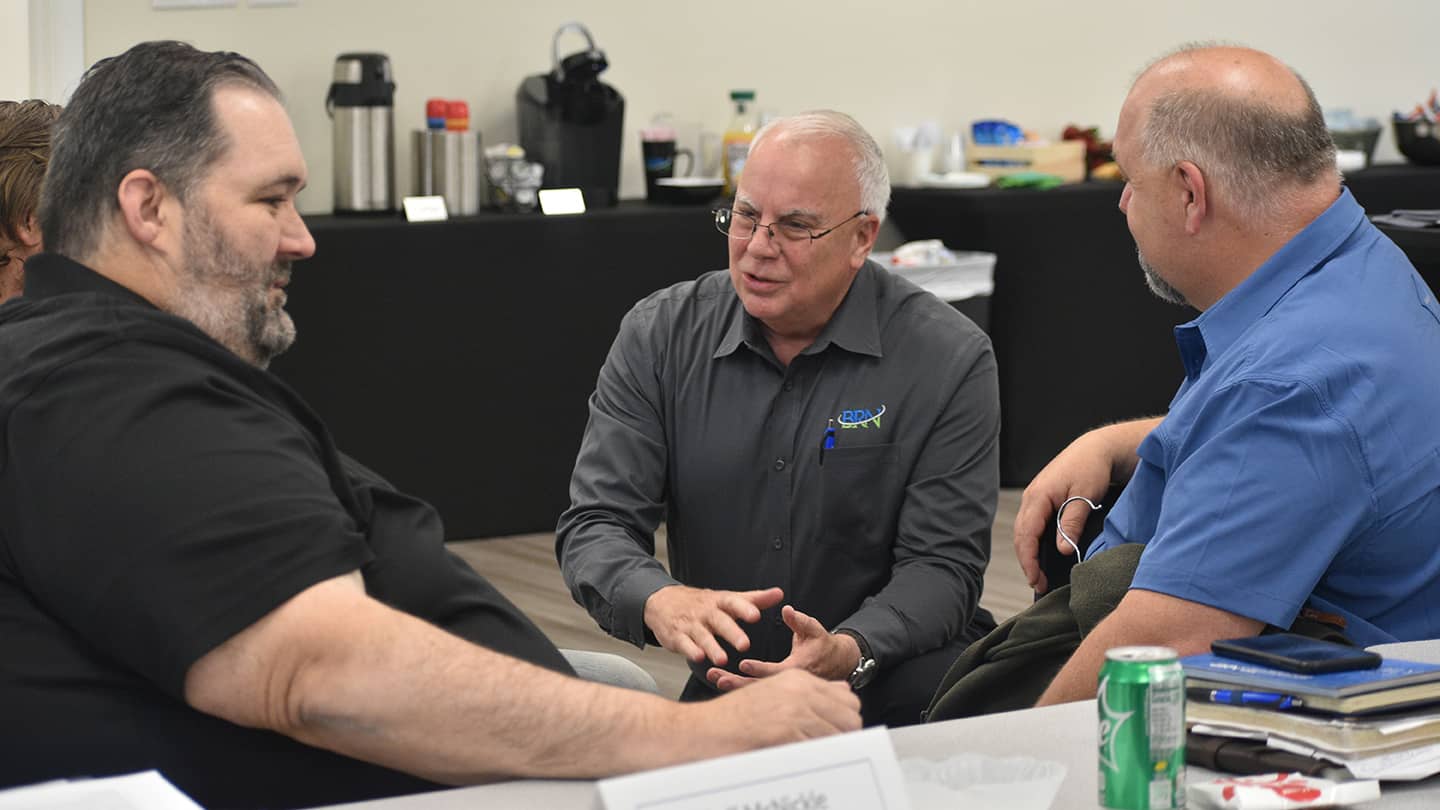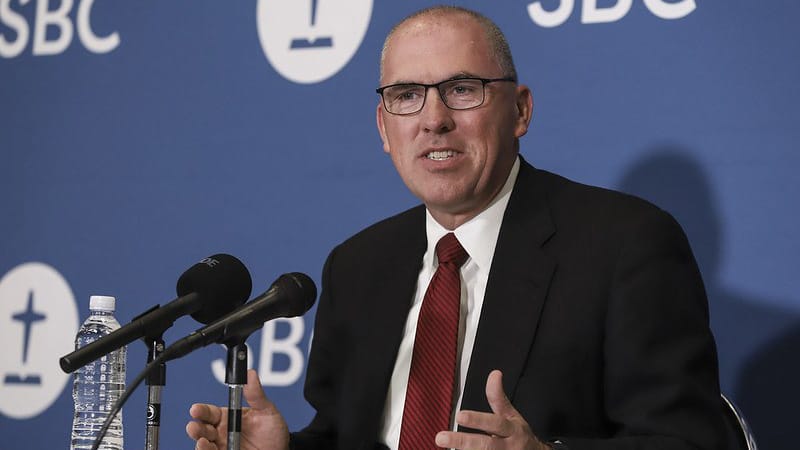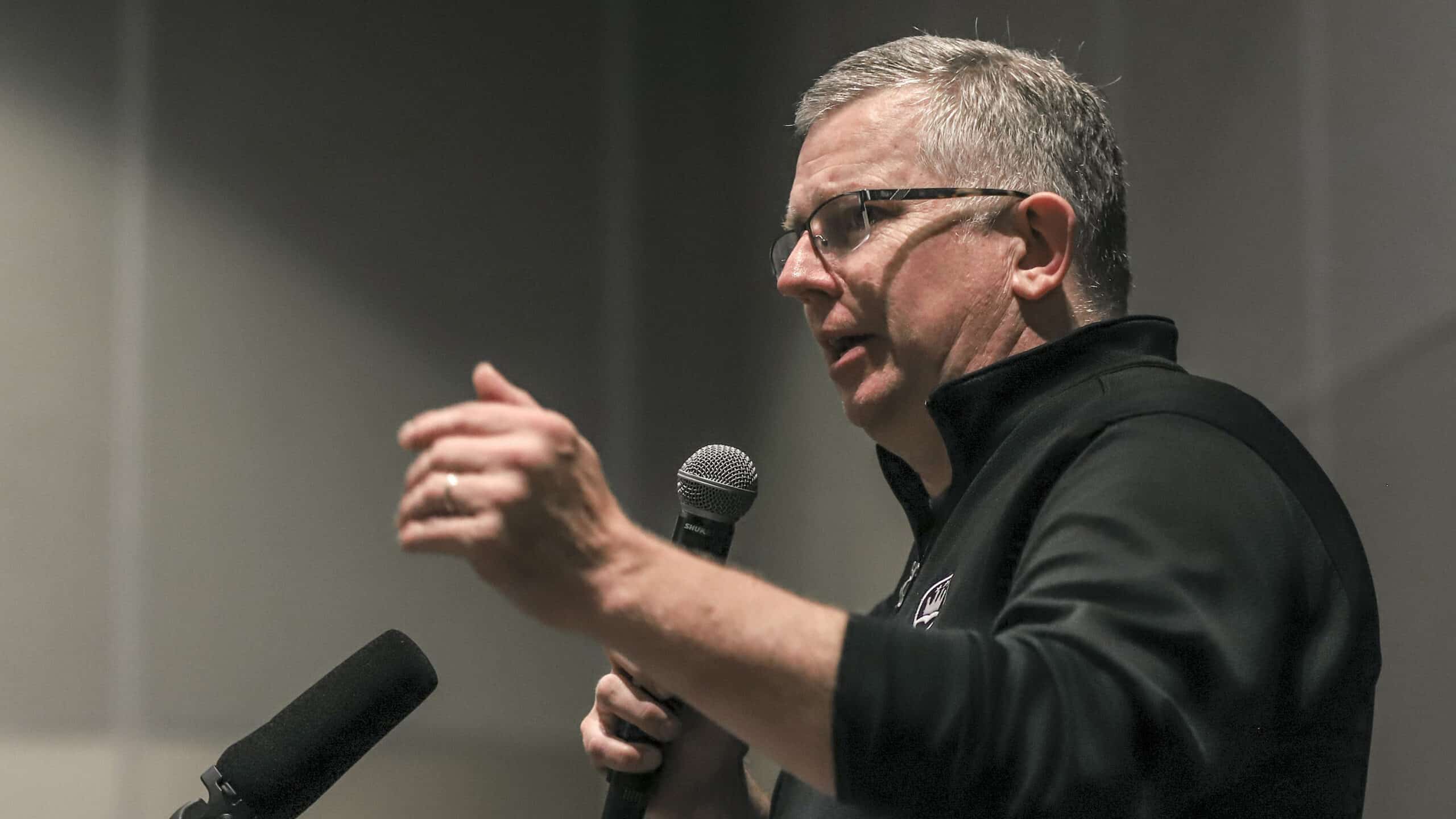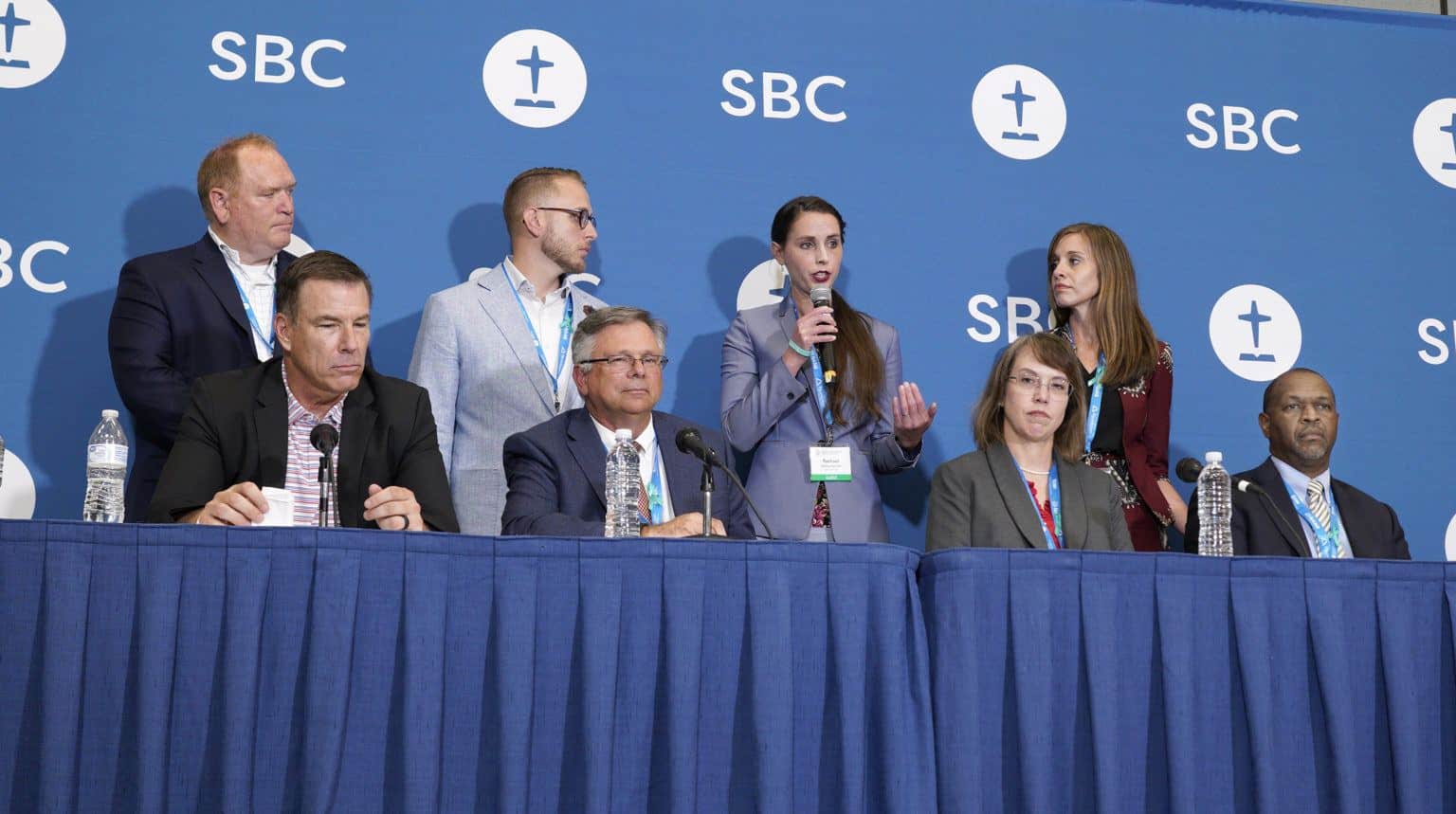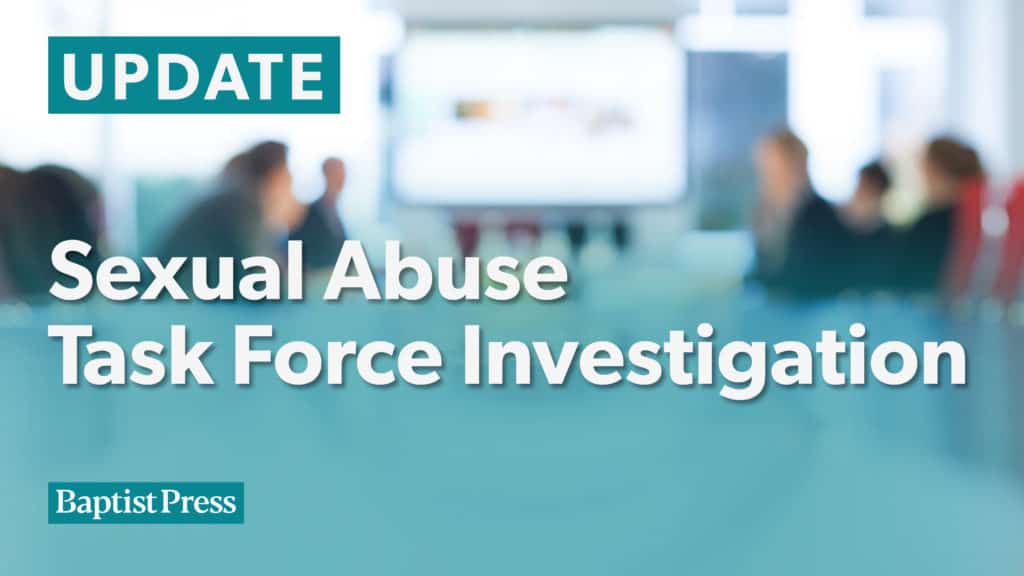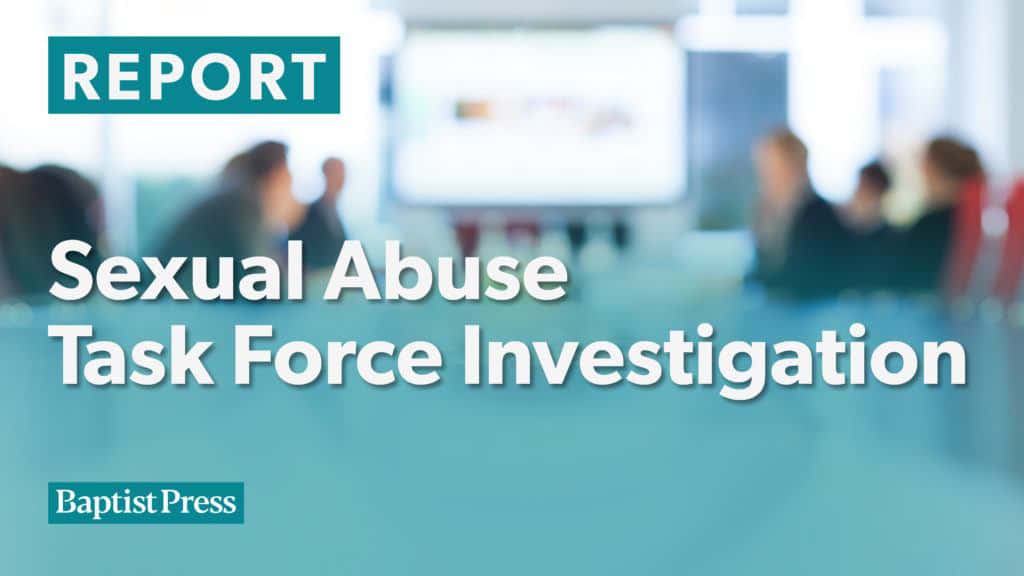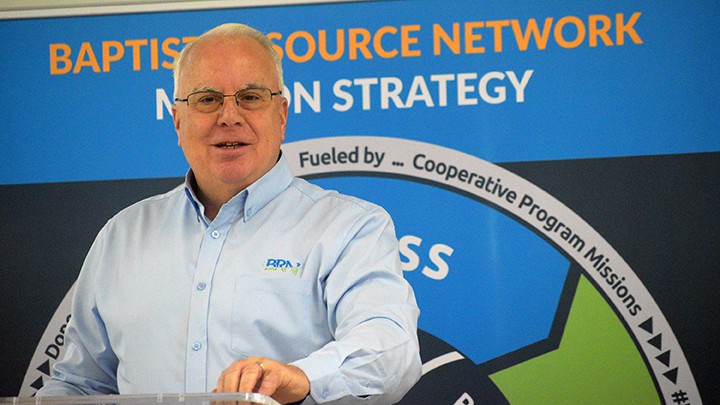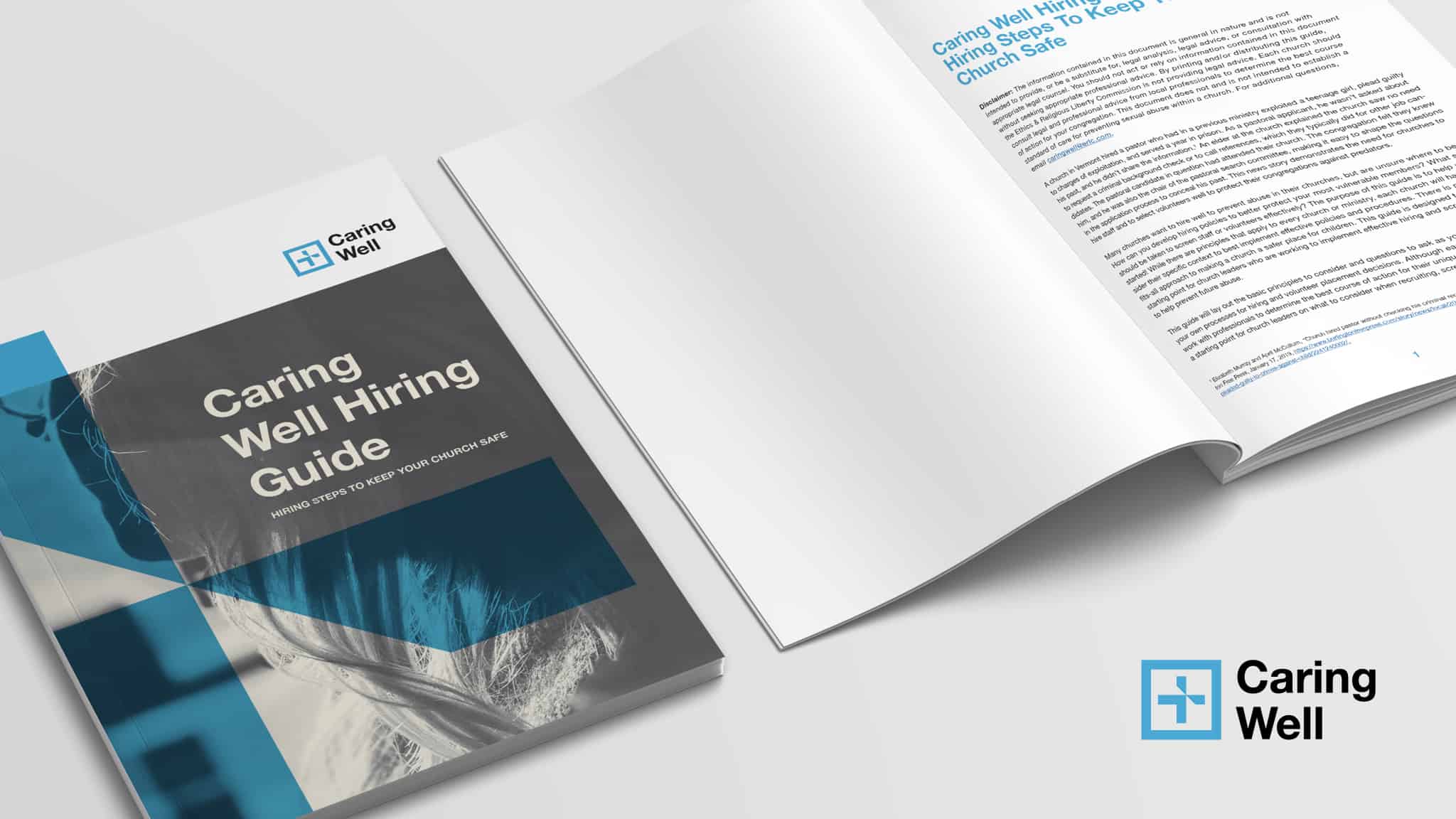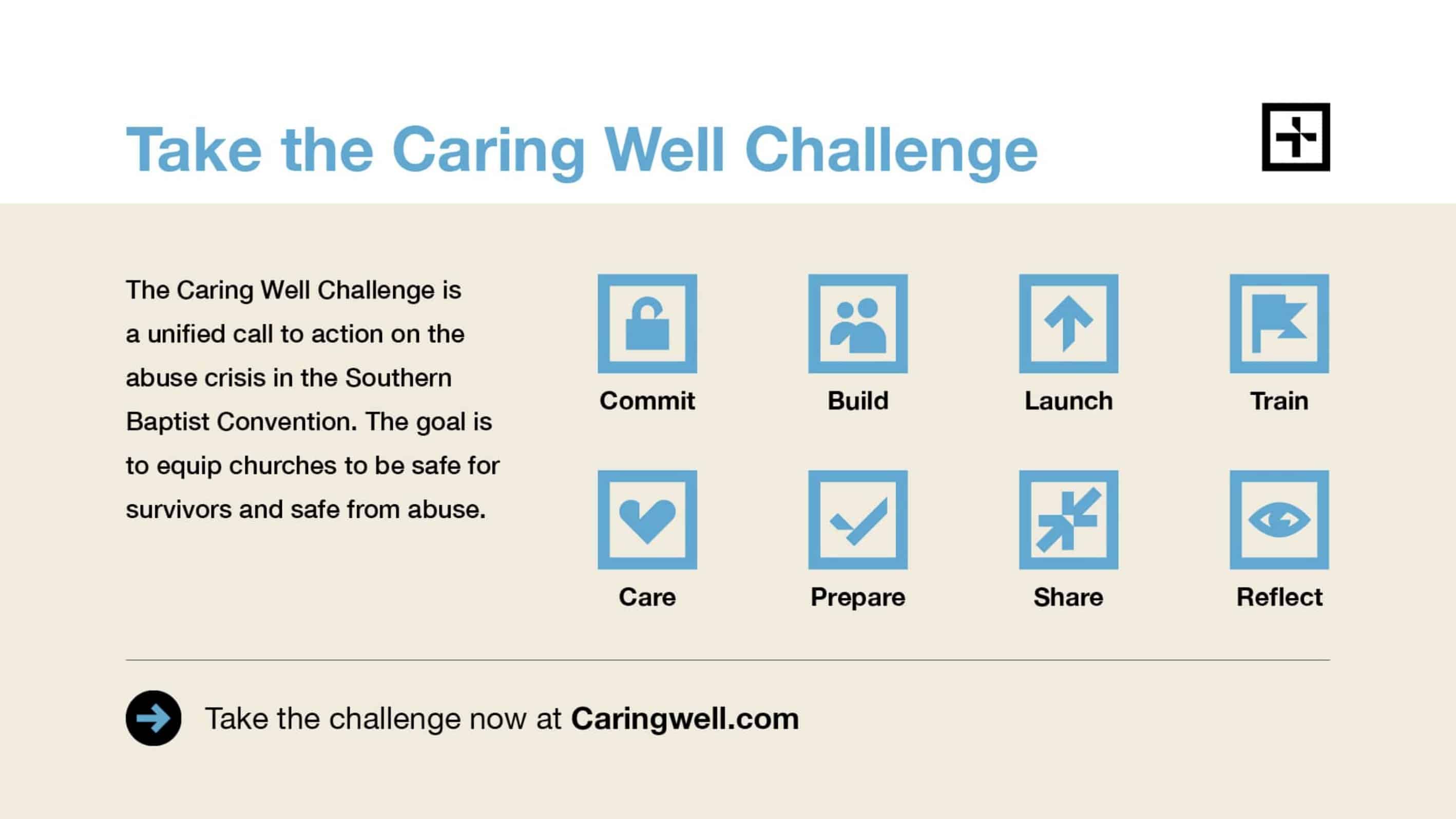“The Lord is good, a stronghold in the day of trouble; he knows those who take refuge in him” (Nahum 1:7 ESV).
1. What is the Southern Baptist Convention’s position regarding the prevention of abuse?
The SBC’s response can be summed up by reviewing these links below.
- The Southern Baptist Convention’s resolution on abuse
- Southern Baptists Take Action to Address Church Sexual Abuse (article)
- The SBC’s resources on sexual abuse
- Resources for sexual abuse prevention
2. What is the BRN’s position regarding the protection of the vulnerable and the prevention of abuse?
The BRN is deeply grieved by situations of abuse. The very mention of sexual misconduct among Southern Baptist church leaders deeply disturbs us. We take any allegations of sexual misconduct in SBC life very seriously and address it appropriately, including the immediate and full involvement of law enforcement. It grieves our hearts, as it grieves the heart of God, that innocent women, children, and men are abused in any way.
We believe local churches, and networks of churches, should take the utmost care to protect those entrusted to our care. As an organization, we recognize we have no authority over any church; however, it is our intention to encourage all churches affiliated with the BRN to be in full compliance with state laws and diligently guard those whom God has given us for the purpose of ministry.
Accordingly, the BRN has a written statement, “Statement and Encouragements to BRN Churches Regarding Abuse of Minors and Vulnerable Adults,” in support of the prevention of abuse and for the protection of minors and vulnerable adults.
This statement addresses the following areas:
- Prevention of abuse of minors and vulnerable adults within the ministries of the church.
- Education and awareness of the seriousness of abuse within the ministries of the church.
- Ministry and care for those affected by abuse.
Because of the seriousness of these issues, the Baptist Resource Network now makes it a requirement for all affiliated churches to have protocols in place for the security of minors and vulnerable adults, as already required by state law (see resources below). Those who do not observe these legalities will be deemed as non-affiliated.
In addition, the Baptist Resource Network has promoted several resources aimed at helping churches be compliant and safe, such as:
Local resources available to individuals and churches:
- Keep Kids Safe, Pennsylvania, explains state laws and procedures governing child protection and the reporting of child abuse
- Pa Family Support Alliance, provides education, support, and training programs to make Pennsylvania safe for children
- Pennsylvania Coalition Against Rape, works to eliminate all forms of sexual violence and to advocate for the rights and needs of victims of sexual assault
- New Jersey Department of Children and Families, seeks to ensure the safety, well-being and success of children, youth, families and communities
- New Jersey Coalition Against Sexual Assault, promotes the compassionate and just treatment of survivors and their loved ones
National resources available for churches:
- MinistrySafe, a complete child safety system founded to help ministries meet legal standards of care and reduce the risk of sexual abuse by creating preventative measures tailored to fit the needs of churches, camps and ministry programs
- SBC Resources for Sexual Abuse Prevention, links to resources and resolutions as posted by the Southern Baptist Convention.
- The Caring Well Challenge of the SBC is a unified call to action on the abuse crisis in the Southern Baptist Convention. The goal is to equip churches to be safe for survivors and safe from abuse.
Local Counseling Resources:
- Enduring Hope Counseling, Doreen Weiss LPC, (412) 760-7757, enduringhopecounseling@gmail.com
- SafePlace Ministry, Bethann Miller BCBC, (516) 581-5183, bethann.safeplaceministry@gmail.com
Other Resources:
- 12 Things Churches can do to Protect Minors
- Protecting Children from Sexual Abuse – Radio B&R podcast
- Background Checks a necessity not an option for churches
- The Heavy Hand of God’s Judgment
- Prompt Biblical Response Must be First Step for Churches
3. How is the Southern Baptist Convention different from denominational churches and religious organization?
Unlike most religious denominations, the SBC is not a denomination. The SBC is a network of independent and autonomous affiliated churches. The SBC does not have a top down hierarchical structure. The SBC does not control or dictate theology, governance, funding, or operational functions of any individual church. The Southern Baptist Convention actually only exists for the two days annually that the Convention meets together for its annual session. Churches affiliated with the SBC do so on a volunteer basis based on the understanding that churches can do more together than they can apart from each other. Churches partnering with the SBC are autonomously governed, agree to the SBC statement of faith (currently the Baptist Faith and Message 2000), and give to cooperative missions efforts through the Cooperative Program. See the following link for more details: www.sbc.net/about.
4. How does the autonomy of the local church impact abuse in the church?
Autonomy of the local church has a large impact on abuse in the church. Since all churches are autonomous, neither the SBC nor the BRN can mandate churches follow certain protocols such as background checks, abide by certain state or federal laws, or institute and follow policies related to abuse of minors, men, women, and vulnerable persons. This is why the BRN’s strategy is focused on creating awareness of abuse issues and vulnerabilities in churches as well as providing information and resources for churches to develop a sound abuse prevention policy and environment as well as be compliant with state and federal laws.
5. What is autonomy of the local church?
The principle of autonomy of the local church is one of the main distinctives of ecclesiology amongst Southern Baptists. Each local Baptist church governs itself under the Lordship of Jesus Christ. Each church is responsible to select its own leaders, adopt its own bylaws, set its own budget, determine its own policies, and launch its own ministries as its members discern the will of God expressed in Scripture. This autonomy includes deciding how it funds its missions-giving strategy. At every point, local church participation with the national SBC and state SBC is voluntary and cooperative (see SBC FAQs on Becoming Southern Baptist).
The Convention is also an autonomous body and determines for itself the guidelines and criteria upon which it recognizes churches as cooperating Southern Baptist churches. The SBC Constitution is very clear on these two matters: “While independent and sovereign in its own sphere, the Convention does not claim and will never attempt to exercise any authority over any other Baptist body, whether church, auxiliary organizations, associations, or convention.” (SBC Constitution, Article IV)
The BRN is also an autonomous body and likewise determines for itself the guidelines and criteria upon which it recognizes churches as cooperating. The BRN has no ecclesiastical authority whatsoever and shall never assume to write creeds or to exercise other authority or control over any church.
6. What is the BRN’s role in partnering with churches?
The BRN’s role is just that, partnering. We partner for multiple reasons. We partner to:
- Allow churches a means to give to SBC offerings such as the Cooperative Program, North American Missions (Annie Armstrong), International Missions (Lottie Moon), Global Hunger, and Disaster Relief.
- Allow churches to have a voice in the broader SBC family and have the ability to sit on the governing boards for SBC agencies.
- Assist and encourage churches to become healthy, multiplying churches. In fact, that is our mission, to encourage healthy biblical behaviors so that every church within our geographical region becomes a healthy multiplying church.
Affiliated churches are free to no longer partner with the BRN at any time. Churches who are looking to affiliate with the BRN must affirm that they have instituted appropriate policies and procedures to comply with the law regarding abuse.
7. Is the BRN satisfied with the current state of and handling of abuse in churches?
No, the BRN is not satisfied with the state of and handling of abuse in churches! The BRN grieves for those who have been impacted by abuse whether inside or outside of the church. Abuse prevention as well as education and policies to prevent abuse is something the BRN is striving to make a priority for our affiliated churches.
If you are/have been a victim of sexual abuse or suspect sexual abuse by a pastor, staff member or member of a Southern Baptist church or entity, please reach out for help at 202-864-5578 or SBChotline@guidepostsolutions.com. All calls are confidential.
